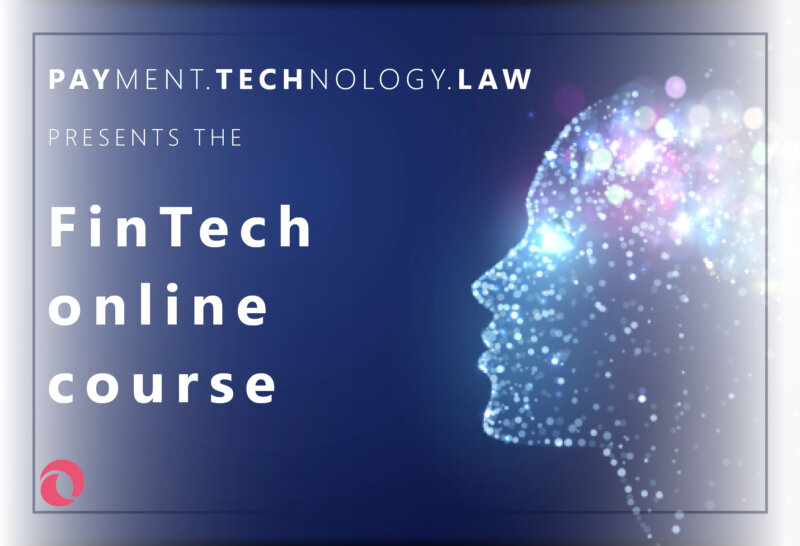This FinTech online course is designed for everyone who wants to quickly learn about legal topics that are important for FinTechs, but also for other regulated companies and those who want to become one.
Our FinTech online course guides you through topics of payment supervision law, banking law, financial services law, compliance, and anti-money laundering law. We will be covering questions like
- “Which payment services are available?”,
- “What exactly is factoring?”,
- “Whom do I have to identify and how in terms of money laundering law?”,
- “What does the IF Regulation actually say?” and
- “Which payment methods are subject to strong customer authentication and how?”.
All of this – and much more – can be discovered in PayTechLaw’s FinTech online course.
Who would take advantage of our FinTech online course?
- Employees of regulated companies who want to get an overview of the legal basis.
- Legal trainees or lawyers who so far have not been exposed to these topics and want to get a brief insight.
- FinTech fans who want to better understand not only the Tech but also the regulated “Fin” side.
- In short: In our opinion, basically anyone. Well, of course we are also aficionados of the subject matter and therefore perhaps a little biased…
A note for our regular readers: You may have noticed that the FinTech online course has already had a first life as an advent calendar. We think it should also be available outside the pre-Christmas period and have therefore revived it.
We hope you enjoy reading it. We are looking forward to your feedback on how you like the FinTech online course!
All the lessons of the FinTech online course:
#1 Execution of Payment Transactions and Money Remittance
# 2 Selected payment services: Issuing and Acquiring
# 3 Open Banking: Account information service and payment initiation service
#7 Limited Network and Limited Range
#8 Payment by SEPA basic direct debit
#10 The strong customer authentication
#11 Essential civil law requirements for payment services
#12 Deposit business (Podcast)
#13 Factoring and guarantee business in contrast to payment services
#14 What is a financial instrument?
#15 Financial services relating to the distribution of financial instruments
#17 Authorisation procedure in accordance with the ZAG
#18 Requirements for maintaining a BaFin Licence
#19 Outsourcing
#20 What are the obligations under German AML law?
#21 KYC and KYB – identification pursuant to Anti-Money Laundering Act
#22 Passporting
Cover picture: Copyright © Adobe / lidiia




